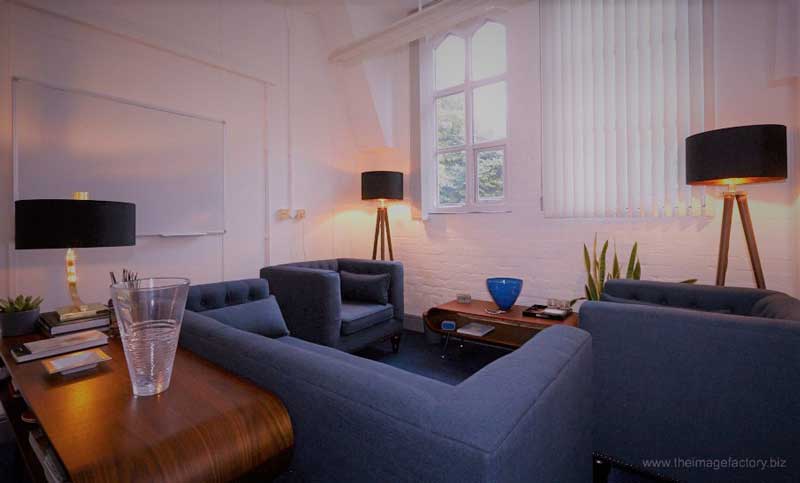
28 Aug What might my first experience of therapy be like?
Whether meeting face-to-face or speaking over the telephone, that first ‘meeting’ between the person seeking counselling psychotherapy, and the person providing it can be a mixed experience – particularly for people who are new to the therapy process and are wondering if they have made the right decision to come along.
Some people talk of feeling relieved, know that it’s the right time for them and that the therapist they meet with is ‘the one’, but for many that first session can be a daunting, anxiety-raising experience –
- What will the person in front of me think about me and my problems?
- What if I can’t speak or can’t stop speaking?
- I might become emotional or angry – how will that look?
- What if I don’t connect with them or if I feel uneasy in their company?
- What if I don’t understand the things that they say or talk about, in relation to my problem?
These are common things that people worry might happen – you might experience other thoughts and feelings about going along for therapy.
To put you at ease, as best I can –
I am experienced and trained in working with expectations such as those above, and the full range of emotions that people display. I will do all that I can to put you at your ease – most importantly I will be ‘human’. After all, in almost every sense, I am no different from you, although today, I am not the client, but I have been at some point and could be again, in the future.
I will most definitely not be sitting in judgement about you or your problems. I will be patient and help you to find your voice and gently manage any nervous energy or heightened emotion that you experience, if I believe that it is helpful to do so.
It sometimes happens that a connection between client and therapist is not immediate or sometimes never happens – these things happen in everyday encounters between people, so why not in a therapy setting? As an experienced professional, I always anticipate this possibility and will never force a relationship that isn’t really happening and will talk with you if I find myself wondering about our human connection. Talking about it honestly might mean that we do actually find a way to connect.
Whilst there is undoubtedly an educational aspect to therapy – in learning about ourselves and our relationship with the world and with others; through considering various ‘theories’ or ideas, therapy should never feel ‘academic’ and you should never experience being in my company as feeling lectured to or made to feel small. You and you alone are the most important focus in our work together – my respect for you is paramount. I will always check-out understanding and seek to make the ideas that sit behind therapeutic support accessible to you.



No Comments